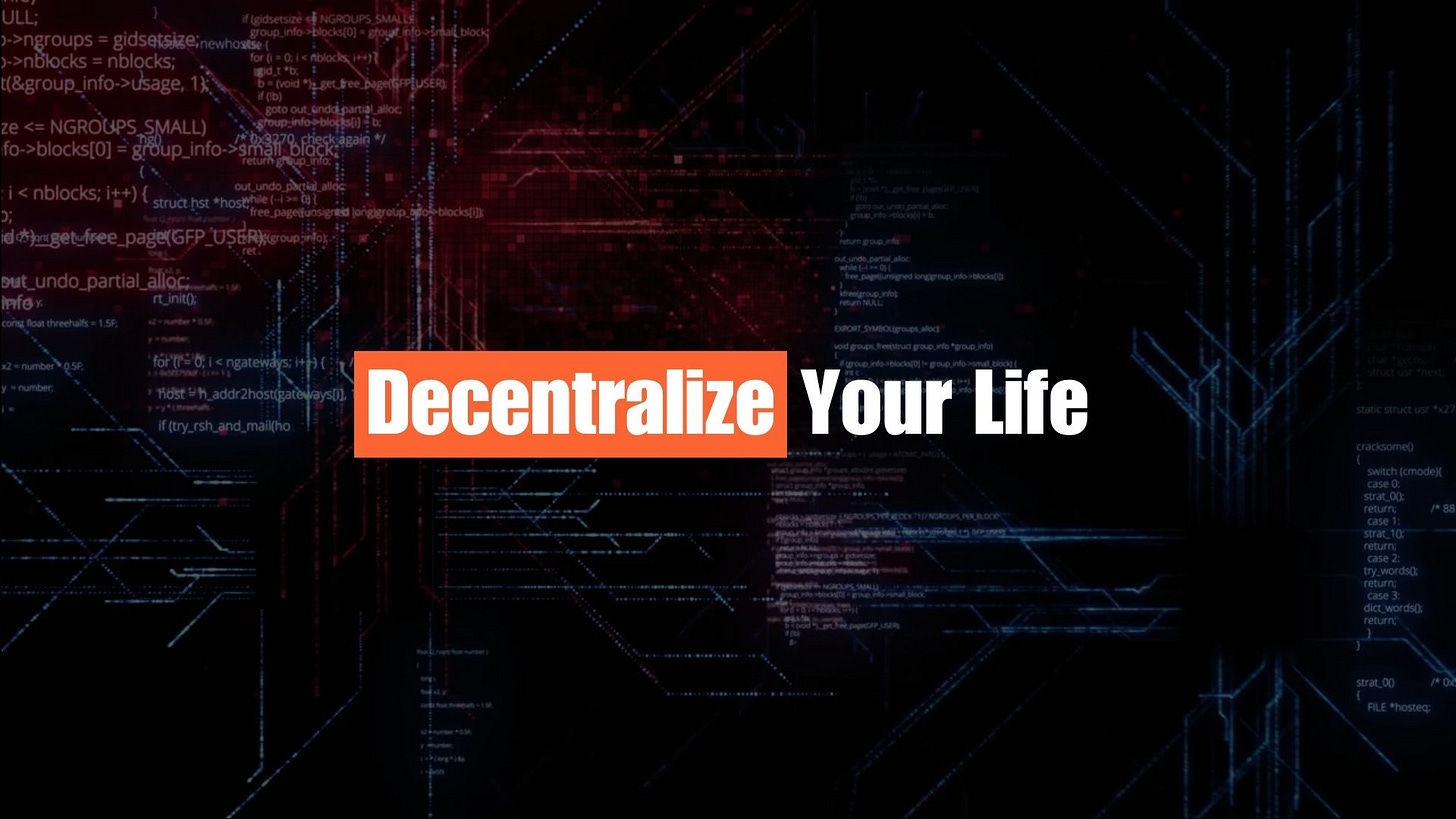TikTok didn’t just create a social media app—it rewrote the rules of entertainment.
Its hyper-personalized algorithm has reshaped how billions consume content.
But behind its meteoric rise lies a controversial story of AI mastery, global influence, and data.
In 2016, TikTok’s parent company, ByteDance, launched a little-known app called Douyin in China.
Its mission?
To make video content so engaging, users couldn’t put their phones down.
But what set it apart was an algorithm that knew you better than you knew yourself.
By 2018, ByteDance introduced TikTok to the global stage.
The app didn’t just compete with Instagram or YouTube—it left them in the dust.
Within just a few years, TikTok hit over 1 billion monthly users.
The secret weapon?
The For You Page (FYP).
The FYP wasn’t just a feed—it was a personalized rabbit hole powered by cutting-edge AI.
Every swipe, pause, or like gave TikTok’s algorithm more data.
Within minutes, it served videos so tailored to your tastes, it felt like magic.
TikTok’s AI didn’t just rely on the usual: demographics, followers, or hashtags.
It went deeper—tracking watch time, replays, and even micro-movements like scrolling speed.
The result?
An endless stream of content that felt like it was made just for you.
The app’s impact was instant—and seismic.
Creators with no following went viral overnight.
Niche trends became global movements.
Entire songs skyrocketed to the top of the charts. 🎵
But this wasn’t just innovation. It was disruption at an unprecedented scale.
TikTok didn’t just change entertainment; it rewrote the rules of marketing.
Brands abandoned traditional ads and hired TikTok influencers. Suddenly, a 15-second video could sell millions in product. 💸
The platform wasn’t just addictive—it was a goldmine. But as TikTok gained power, so did the scrutiny.
By 2020, governments around the world started asking:
What’s happening with all this data?
And that’s when the controversy began
Critics accused TikTok of harvesting user data on a massive scale.
With ByteDance headquartered in China, many feared the data could be shared with the Chinese government.
Countries like the U.S. and India took notice—and action.
In 2020, India banned TikTok, citing national security concerns. It was a devastating blow to TikTok’s fastest-growing market.
Soon after, the Trump administration tried to force a U.S. sale of TikTok’s operations.
The message was clear: TikTok wasn’t just a social app—it was a geopolitical chess piece.
Meanwhile, TikTok denied any wrongdoing, insisting its data was stored securely outside of China.
But the damage was done.
The app became a flashpoint in debates over data privacy, AI ethics, and global tech dominance.
Despite the controversies, TikTok’s influence only grew.
Its algorithm inspired copycats—Instagram Reels, YouTube Shorts, even Snapchat Spotlight. But none of them could replicate TikTok’s mastery of engagement.
TikTok also proved that content quality doesn’t matter as much as relatability.
A teenager lip-syncing in their bedroom could outperform a million-dollar Hollywood production. This democratization of creativity changed the game forever.
But here’s the deeper irony:
TikTok, the app accused of manipulating its users, is also the platform where users feel most seen.
Its algorithm doesn’t care about your follower count—it cares about your interests.
That’s why it’s so addictive.
TikTok isn’t just a tech story—it’s a cultural story.
It’s shaped Gen Z humor, redefined music, and even influenced elections.
Yet, its rise poses tough questions:
How much control should AI have over our attention?
Who should regulate global tech giants?
TikTok’s story is far from over.
Governments continue to scrutinize its data practices. And rivals are still trying to dethrone it.
But one thing is certain: TikTok’s algorithm has set a new standard for how we interact with technology—and each other.
So, what can we learn from TikTok?
1️⃣ Personalization is powerful—but comes with risks.
2️⃣ Disruption often invites backlash.
3️⃣ The future of AI isn’t just about tech; it’s about trust.
What do you think? Is TikTok the future—or a cautionary tale?
If this thread made you think, share it! TikTok’s story isn’t just about one app—it’s about the future of AI, data, and culture. And we’re all a part of it.
Love what you read? Subscribe and never miss an update!






